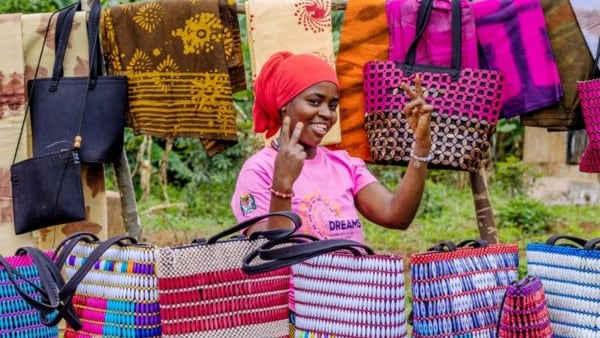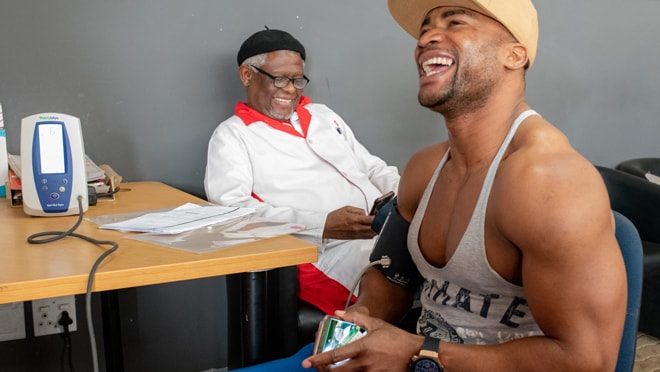At a glance
December 1st is World AIDS Day, and CDC invites you to join in its observance. This year, the U.S. government theme for World AIDS Day, "Collective Action: Sustain and Accelerate HIV Progress," signifies that progress must continue to meet global targets and end the public health threat of HIV by 2030.
Overview
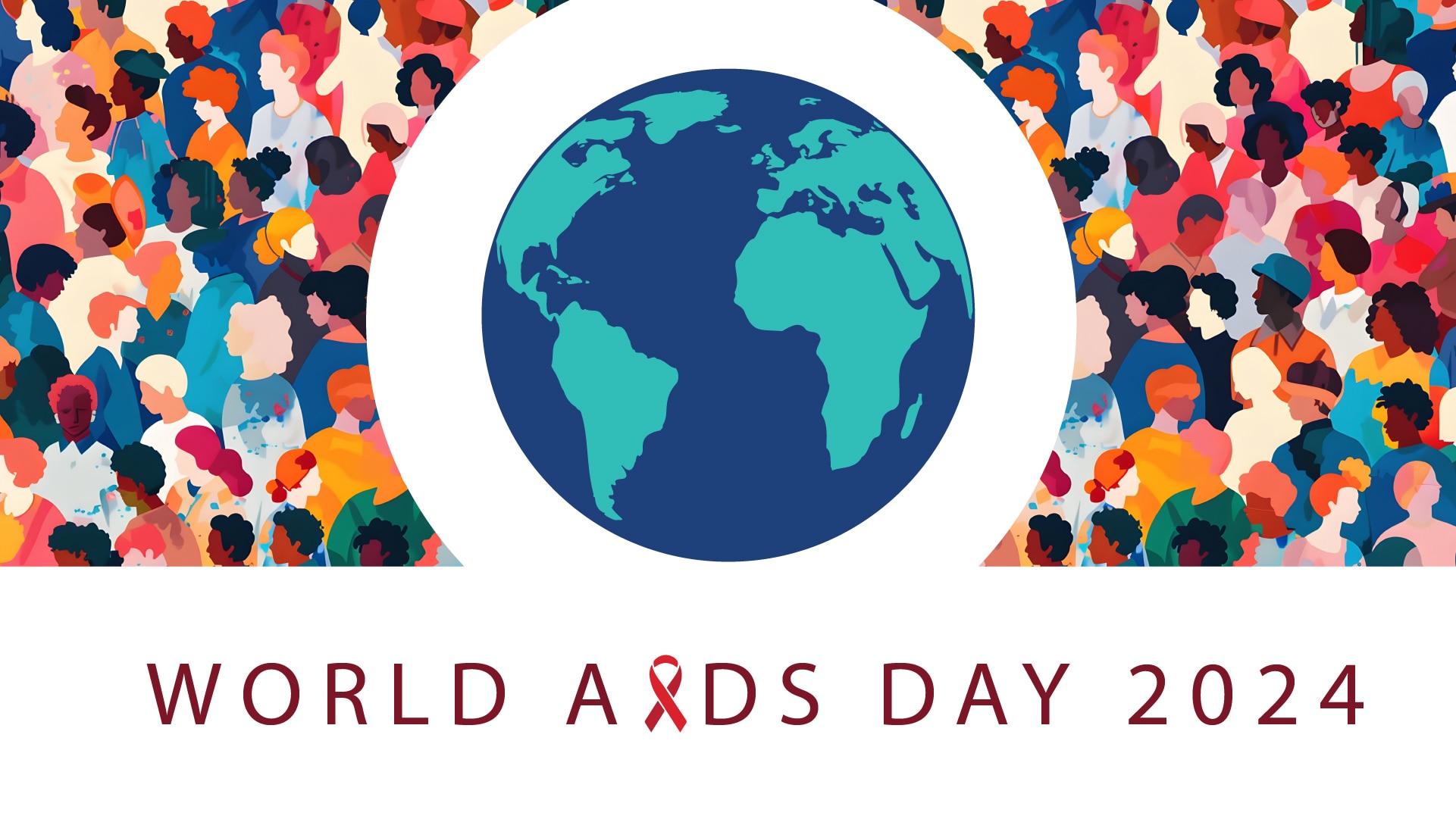
Advances in the fight against HIV have brought reliable rapid tests, simple and effective treatments, and more prevention options than ever before. Yet the latest UNAIDS report shows globally, nearly 40 million people were living with HIV in 2023, and 1.3 million people became newly infected with the virus.
HIV prevention methods stop transmission
With support from the U.S. President's Emergency Plan for AIDS Relief (PEPFAR), CDC works with ministries of health and other on-the-ground partners to scale up and accelerate prevention services around the world like:
- Pre-exposure prophylaxis (PrEP) is a highly effective medication that is taken before exposure to prevent HIV infection. CDC, through PEPFAR, initiated over 2.2 million people on daily oral PrEP in 37 countries from 2017 to 2023. Despite rapidly rising initiations, in 2023, only 3.5 million people worldwide initiated PrEP, which is only 20 percent toward the UNAIDS target. New prevention tools bring hope to address gaps and meet global targets.
- Voluntary Medical Male Circumcision (VMMC) is a one-time surgical procedure that reduces the risk of female-to-male transmission of HIV by 60 percent. From 2007-2023, CDC supported VMMCs for nearly 17 million men in Southern and Eastern Africa – more than half of all procedures supported by PEPFAR. Remarkably, VMMCs supported by PEPFAR from 2008 to 2020 have contributed to preventing 615,000 HIV infections and are projected to help prevent 1.6 million infections by 2030.
- Determined, Resilient, Empowered, AIDS-free, Mentored, and Safe (DREAMS) is a first-of-its-kind program that weaves together proven interventions, from clinical to educational, that help girls stay HIV-free. In fiscal year 2023, CDC supported DREAMS in 13 countries, contributing toward 1 million adolescent girls and young women successfully receiving a complete package of comprehensive HIV prevention services.
Accelerating PrEP scale-up
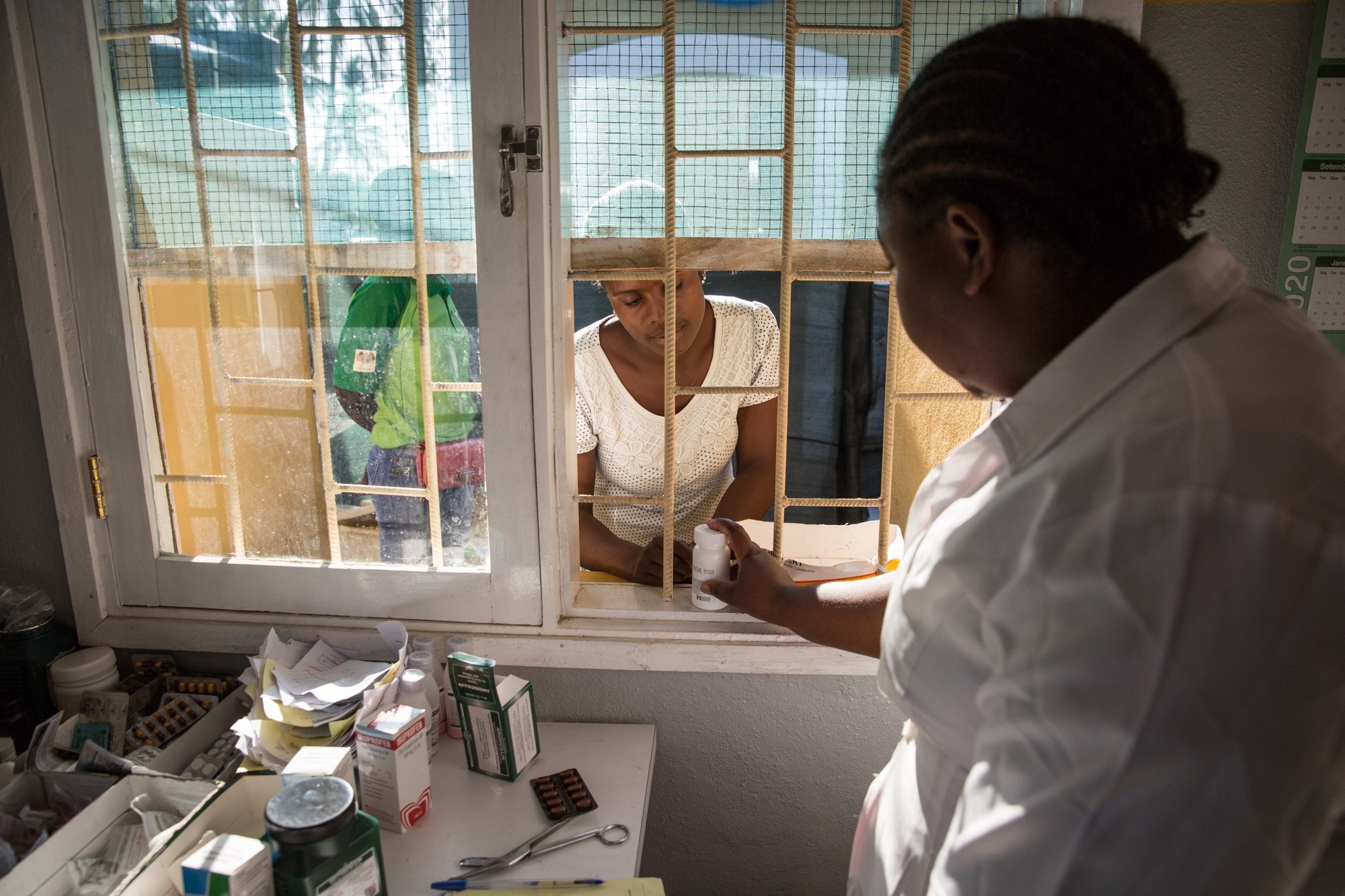
Ricardo Franco
PrEP has played an important role in the global HIV epidemic, but its continued impact will depend on its scale-up and overcoming real-world challenges like access, availability, and adherence. Since the start, CDC has been a champion for oral PrEP – leading the first safety study and developing guidelines for clinical use. Today, CDC continues to spearhead its scale-up worldwide.
A recent article shows that, through PEPFAR, CDC supported over 2.2 million PrEP initiations across 37 countries from 2017 to 2023. Recognizing the high HIV incidence among key populations globally, CDC has prioritized expanding PrEP access to those who need it most. As a result, during the same time, over one-third of people newly starting PrEP identified as a member of a key population. This focus reflects CDC's commitment to ensuring person-centered HIV prevention interventions to help stop transmission.
Collective action in Mozambique
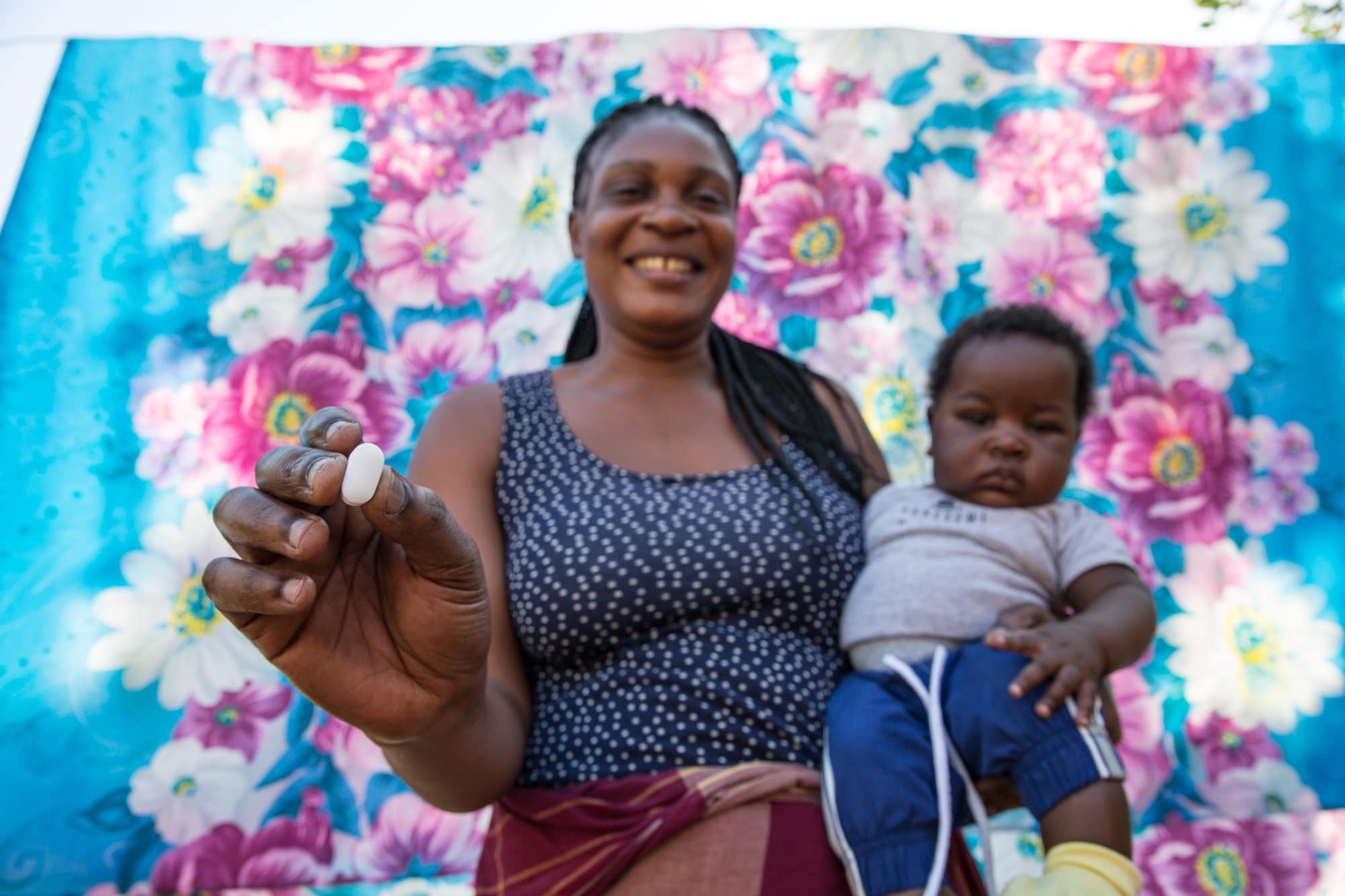
Ricardo Franco
Mozambique has the third-largest HIV epidemic in the world, and PEPFAR support for prevention and treatment has produced impressive results. Through 20 years of collective action, CDC efforts have resulted in:
- The prevention of an estimated 1.6 million new HIV infections and over 1 million HIV-related deaths as a result of the PEPFAR-supported expansion of HIV treatment.
- More babies are being born free of HIV. Over 99 percent of pregnant and breastfeeding mothers with HIV have been linked to antiretroviral treatment (ART) in PEPFAR-supported sites.
- VMMC procedures are an important part of CDC's combination prevention strategy in Mozambique. This cost-effective HIV prevention strategy has helped reduce the risk of HIV transmission in over 2.5 million*A men by 60 percent.
- The Mozambique Ministry of Health began offering HIV PrEP in all provinces in 2021. With CDC support, the number of new clients grew by 230 percent - with women and adolescent young adults, who have an increased risk of HIV infection, the largest recipients.
Bridging new science and options
CDC continues to support patient-centered, data-driven approaches that lead to groundbreaking innovations - all with the potential to transform the HIV prevention landscape.
Two groundbreaking clinical trials have shown that long-acting injectable PrEP, cabotegravir (CAB-LA), taken every two months, dramatically lowers the chances of acquiring HIV. Starting earlier this year, through PEPFAR, CDC began supporting the rollout of CAB-LA in twelve countries.
Lenacapavir, a revolutionary twice-yearly injection for HIV prevention, has been shown to reduce HIV infections by 96 percent in men and by 100 percent in women. CDC and PEPFAR are working in lockstep to rapidly roll out Lenacapavir once regulatory approval is obtained.
The dapvirine vaginal ring (DVR) is a WHO- approved, woman-controlled product that can lower the chance of HIV from vaginal sex by about 50 percent. CDC is collaborating with global partners to support the implementation of DVR as part of a collective approach to offer women the ability to choose the prevention method that best meets their needs.
Spotlight
Stories behind the data
- In Mozambique, from 2010-2023, 2,534,411 VMMCs were performed.


